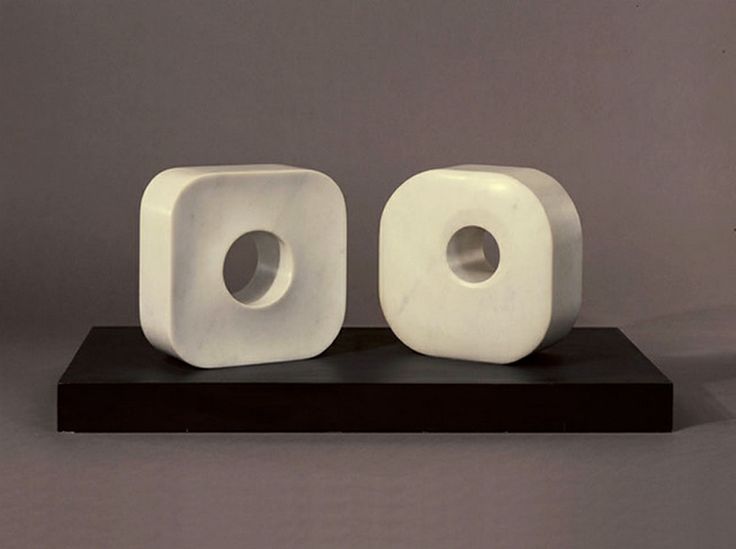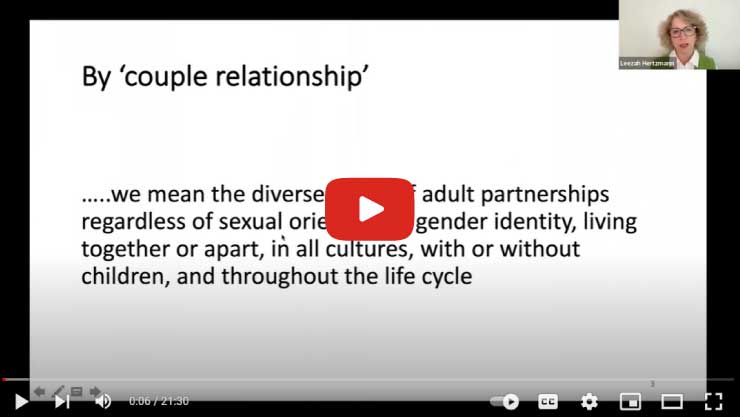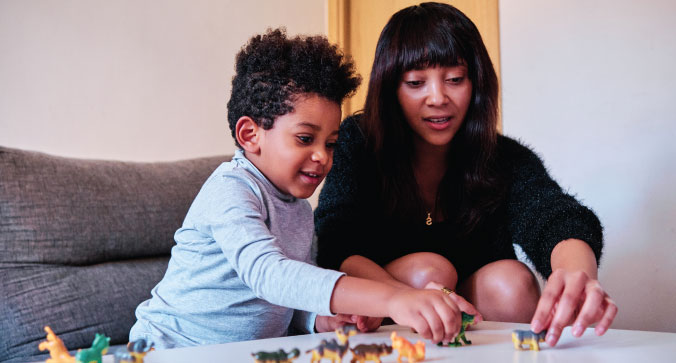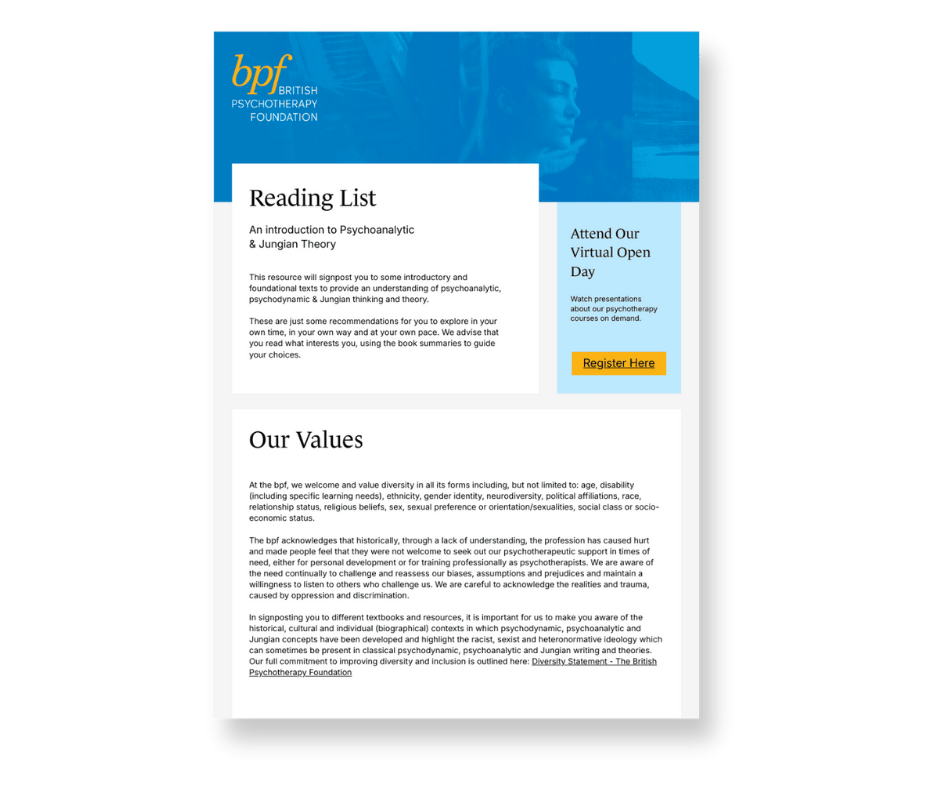
Couple Psychodynamic Psychotherapy
Hybrid learning – London and Online
This course has been designed to provide trainees with excellent clinical training, fully integrated with a knowledge and experience of the practice of couple psychodynamic psychotherapy that will be necessary for those working in depth with the emotional problems of the couple’s relationship.
By ‘couple relationship’ we mean the diverse range of adult partnerships regardless of sexual orientation, gender identity, living together or apart, with or without children, and throughout the life cycle.
One of the unique features of this course is its contemporary psychoanalytic approach, including an emphasis on diversity, exploring the conscious and unconscious impact of discrimination on the couple relationship and between partners, such as homophobia, heteronormativity, racism, ageism, class etc.
This course is accredited by the British Psychoanalytic Council (BPC).
Applications accepted throughout the year.
This course is a rolling programme and applicants can choose to start in either September or January.
- Course content
- Course structure
- Person specification
- Entry requirements
- Course fees
- Resources
- Access information
- How to apply
This course is underpinned by a theoretical framework derived from the traditions of Freud, Klein, the British Object Relations School, Jungian influences, contemporary psychoanalysis, and the substantial body of specific couple concepts developed over the last 70+ years.
Based on Freud’s discovery and elaboration of the unconscious and its impact on everyday life, the training explores the ways that unconscious aspects and conflicts of the personality may hinder development and drive some of the difficulties couples have in their relationships.
Training in Couple Psychodynamic Psychotherapy involves seeing couples once weekly. This frequency, together with the psychoanalytic setting, including the capacity to keep what is called ‘a couple state of mind,’ enables a depth of contact between therapist and both partners in the couple, that is profound and impactful.
A robust evidence base supports the efficacy of couple therapy in making a vital contribution to both adult and child mental health. At a time when the divorce rate for first marriages in this country is at an all-time high of circa 50%, there is a growing demand for services for couples and parents across the lifespan.
This is a powerful treatment modality which aims to reach beyond the initial symptoms which may have instigated the need for therapy, to the underlying causes which reside in deeper layers of the personality. Working in this way can provide profound and lasting change for both the couple and each individual partner, as well as for the children where there are children. It is also a deeply rewarding and creative experience for the therapist and patients alike. Clinicians who do this training frequently comment on the ways in which it also deepens and expands their individual work.
This is a two-year, post-graduate clinical training and whilst trainees will be expected to have completed an initial psychoanalytic or psychodynamic training (adults, children or groups), the course will also develop and deepen the trainee’s existing clinical experience. The course is rigorous, and thorough and entails the therapist’s time and commitment, including the capacity to explore the impact of working with couples on themselves, usually in their own personal therapy.
This course is the only couples psychodynamic psychotherapy training that will lead to professional membership of the psychodynamic section of the British Psychoanalytic Council (BPC accreditation pending).
The training is offered in a small-group setting, both in person and online. It aims to provide a thorough psychoanalytic understanding of the couple relationship including couple development, sexual relationships, working with unconscious couple dynamics and processes, psychopathology, clinical technique and so on. The course explores the conscious and unconscious impact of discrimination on the couple relationship (e.g. homophobia, racism, ageism, class, disability etc.)
To qualify as a couple psychodynamic psychotherapist with the BPC, trainees will need to fulfil the following requirements:
- Clinical work with couples face to face under individual supervision, usually two couples of 12 months’ duration each, although some trainees may be asked to see a third couple in order to support their development towards qualification
- Theory seminar weekly during term time
- Clinical seminar weekly during term time
- Personal therapy requirement, with an approved psychoanalytic psychotherapist or psychoanalyst registered with the BPC, usually at least twice weekly throughout their training. If you have previously had intensive therapy/psychoanalysis, the requirement for twice weekly psychoanalytic psychotherapy can be waived. However, at any point in the training, you could be required to fulfil this therapy requirement if it is felt to be necessary for your training and development. Many trainees with previous experience of psychotherapy/psychoanalysis, have found it helpful to be in personal therapy during their training.
The training lasts for a minimum of two years and there are no written assignments. Although this is a hybrid training, all clinical work must be undertaken face to face. On qualification, all trainees are usually eligible for work in the NHS, voluntary sector or private practice.
Term Dates – September 2025-2026
The course will run on Thursday afternoons (1.30 – 5.00 pm). Term dates as follows:
Term 1 Autumn 2025
Start: 22/09 – 20/10
Reading week 27/10
23/11 – 1/12
Term 2 Spring 2026
Start 5/01 – 9/02
Reading week 16/02
23/02 – 30/03
Term 3 Summer 2026
Start 27/04 – 18/05
Reading week 25/05
1/06 – 6/07
Expectations of trainee
Trainees in couple psychodynamic psychotherapy will be familiar with the demands of psychotherapy training in general. We think it is helpful to detail here the expectations for trainees in couple psychodynamic psychotherapy training:
- To experience, engage in and derive benefit from personal psychoanalysis/ psychotherapy
- To read and digest psychoanalytic theory as it has developed during the last century as well as engage with contemporary theory including specific couple theories/concepts and those which address unconscious bias (racism, homophobia, classism and so on)
- Undertake couple psychodynamic psychotherapy with couples for 12 months’ duration (usually two cases although sometimes three)
- Make positive use of supervision and approach this with an open, learning state of mind
- Participate positively when on placement including in the work of teams where relevant, for example in the NHS, or equivalent in the setting where clinical work is being undertaken
Selection of trainee
Selection for training is based on an assessment of the candidate’s personal qualities, competencies, experience and suitability in relation to the above expectations:
Personal qualities
- Interest in exploring the self to a degree that would motivate and sustain the ability to be open to learning and to practice as a couple psychotherapist
- Flexibility and non-judgmental way of thinking about themselves and others, particularly in difficult situations
- Capacity to think about meaning and remain curious particularly in the areas of conflict and sex/sexuality, as these are matters couples frequently bring to therapy
- Evidence of capacity to use aggression constructively
- A capacity to manage anxiety without resorting to premature action and to learn through adversity
- Ability to assess the conflicts and resistances in a couple, to be flexible and manage one’s own response to the couple
- To be able to speak his / her own mind and being prepared to express and stand up for own opinions, principles and values whilst making room for others to express their views
- Capacity to work and to develop, including the willingness to navigate the inevitable challenges during training
Professional aspects
- Previous qualification in psychotherapy i.e. psychoanalysis, psychoanalytic psychotherapy, psychodynamic psychotherapy (adult, child, or group)
- Readiness to take on working with couples for 12 months as training cases
- Commitment to working with varying theoretical perspectives which inform the practice of couple psychodynamic psychotherapy
- Genuine interest in differing points of view and readiness to engage constructively in conflict and work towards resolution
- To pay attention to risk and always hold in mind the safety, well-being and needs as of both partners in the couple and where they have them, their children
- Willingness to contribute constructively to the learning environment in a way which supports one’s own development and that of one’s peers
- Ability to work within defined management arrangements during this clinical training
- To be punctual and reliable and have personal integrity in carrying out one’s duties including paying close attention to confidentiality
- Commitment to and awareness of the value of routine record-keeping and administrative tasks as a key part of the clinical work
- Commitment to working within the BPF policies, procedures and guidelines for trainees
Academic qualities
- Ability to integrate theory and practice and to use the seminars, supervision and personal therapy to achieve this
- Evidence of the capacity and tenacity required to work with couples at this post-qualification level of clinical training
- Good written and verbal communication skills both for the training experience as well as for professional writing (e.g. GP letters, process notes, reports etc)
- The capacity to learn intellectually and emotionally through relationships, reading, discussion, supervision, observation and clinical experience
Competencies/characteristics in relation to psychodynamic psychotherapy with couples
- Indications that the candidate is aware and curious about couples and couple relationships including challenging their own beliefs about couple relationships
- Ability to think in some depth about both the individual partners as well as the couple relationship in terms of their development, pathology and personality
- Demonstrates an understanding and awareness of the power of unconscious motivations and openness to learning how these might operate within a couple’s relationship
- Able to think about the meaning of the sexual relationship and be open to thinking about the many ways in which couples may organise their relationships in contemporary life (e.g. open relationships, polyamory and so on)
- Capacity for openness and curiosity in relation to all aspects of difference such as sexuality, gender identity, culture, race, ethnicity, class, religious faith, disability and so on, and the impact of this both on the couple’s relationship but also the impact on the trainee of encountering difference and diversity
This is a postgraduate clinical training and all applicants will need to have completed and be currently registered as a psychoanalytic psychotherapist (adults, children or groups), or psychoanalyst. We welcome applications from psychodynamic psychotherapists suitably qualified to work with adults, although the intensity of personal therapy as well as other matters of suitability/training will be considered in the application process, including interviews.
Course Fees
Course fees can be paid in 9 instalments (after an initial deposit).
Additional costs:
Application fee – £75
Personal therapy fees
Supervision fees
Trainee membership is compulsory whilst studying this course. This includes a subscription to PepWEB and eligibility to attend bpf events.
For more information about fees, and paying in instalments, please contact Sandra Pereira, CPPT Course Administrator: [email protected]
Attend our Virtual Open Day to watch a presentation about this course.

Blogs
Frequently Asked Questions About Psychodynamic Psychotherapy
How to become a psychotherapist in the UK – The British Psychotherapy Foundation
My Journey as a Black Trainee in Psychodynamic Psychotherapy – The British Psychotherapy Foundation
How Couples Psychotherapy Can Transform Relationships – The British Psychotherapy Foundation
Why become a psychotherapist? (part I)
Why become a psychotherapist? (part II)
Videos
What’s it like to be a psychotherapist? Psychoanalytic psychotherapist (youtube.com)
What’s it like to be a psychotherapist? Child and Adolescent Psychotherapist (youtube.com)
What’s it like to be a psychotherapist? Jungian Analyst (youtube.com)
The building has limited access – please call us on 020 8452 9823, or email [email protected], to discuss your needs.
Applicants should have acquainted themselves with the details of the training and its requirements for entry.
Before completing the application form, you will have spoken with a CPP advisor about the training and established that you are ready to apply. If you have not already done this, please email: [email protected] and request an informal discussion with a CPP advisor before applying.
The final decision will be made following the application form and selection interviews.
- To apply, download an application form and submit it to: [email protected] by 1st July 2024 and attach your CV, a copy of your professional registration documents and qualifications (training certificates)
- The application fee of £75 should be paid when your application form is submitted. Please click here to make a payment
- Those shortlisted will be invited to an interview.
- Applicants may also be required to have a clinical interview with the training consultant
- A final offer of a place on the training will be offered at the discretion of the interviewers
The bpf is committed to diversity and inclusivity in all the work we deliver. We are fully dedicated to promoting, maintaining and supporting equality of opportunity in all aspects of our organisation and, as such, the bpf welcomes applications from all sections of society.
The standard of teaching was exceptional, and the course structure fostered an environment conducive to our growth and development as clinicians. Regular weekly supervision sessions allowed us to strengthen our peer relationships while deepening our learning.
bpf Student
Simply, it exceeded all my expectations, and sufficiently impressed and enthused me to consider a future career in psychotherapy. On a personal level it has changed me; something that has been accelerated by beginning my own personal analysis. I find myself thinking about non-verbal communications much more as a consequence of having attended the course.”
bpf Student
The course has allowed me to dip my toe into the analytic world and provided a broad overview of the analytic landscape. It has enhanced my understanding of psychoanalytic ideas and I’ve particularly benefited from speaking to experienced clinicians. The discussion groups in particular have been useful to clarify my own ideas and get a different perspective from others. Overall, it has helped me to determine if I would like to pursue work in this field.”
bpf Student

New Courses
- Awakening the Inner World: An Experiential Weekend for Beginners – (Taught in London, 5th–6th & 26th–27th September, 2026)
- Intensive Summer School: Foundations of Psychoanalytic & Jungian Psychotherapy – (Taught Online, Thursday 16th to Monday 20th July, 2026)
- Reading Group – Psychoanalytic Psychotherapy Association – (Taught Online, Rolling Entry)
- Psychodynamic and Jungian Theory for Qualified Practitioners (Taught Online, September 2026)
bpf North:
- Foundation Course (Taught in Newcastle, October 2026)
- Psychoanalytic & Psychodynamic Psychotherapy Training (Taught in Newcastle & Online, October 2026)
Upcoming Events:
- 31st January, 2026 – Barbara Dockar-Drysdale One-Day Conference (Public Registration Page) – Time: 10:00 – 14:45. Venue: Hybrid event – BPF Mapesbury Rd & Online via Zoom. Price: Public admission fee (In Person) £35, Public admission fee (Online) £25.

Make a £10 Donation – Receive a Psychoanalytic Reading List
Donating supports our mission to make our psychotherapy training, clinical services, and public events affordable, accessible, and more inclusive.
Reading List: Introduction to Psychoanalytic & Jungian Theory
Receive a curated list of 67 essential texts – covering psychoanalytic, psychodynamic, and Jungian theory – ideal for both newcomers and those wanting to deepen their knowledge.

